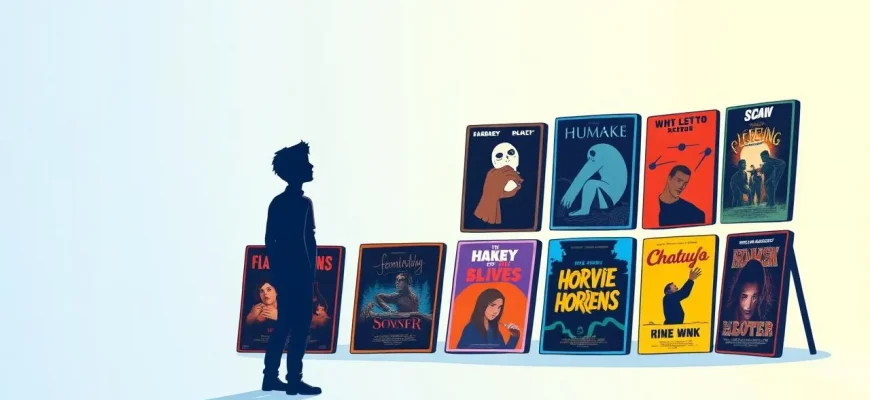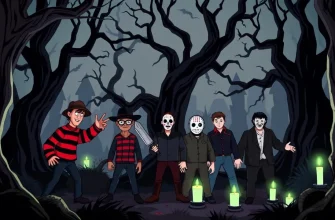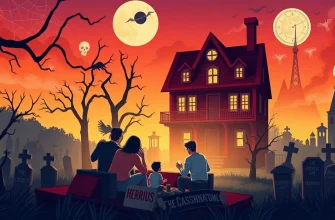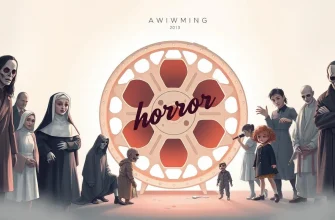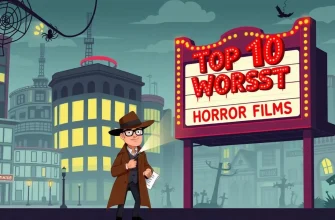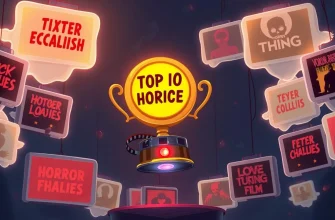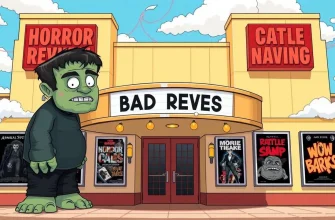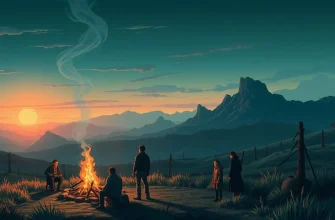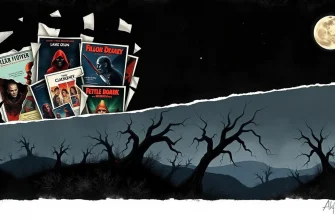This collection delves into the realm of horror cinema where films have not only scared audiences but also stirred controversy due to their content, themes, or production. These movies challenge viewers with their provocative narratives, graphic depictions, or social commentary, making them essential viewing for those who appreciate horror that pushes boundaries.
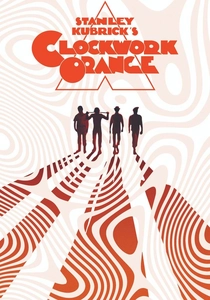
A Clockwork Orange (1971)
Description: Stanley Kubrick's adaptation of Anthony Burgess's novel is infamous for its depiction of violence, leading to debates about censorship and the impact of media on behavior.
Fact: Kubrick himself withdrew the film from UK cinemas due to copycat violence concerns. The film was re-released after his death.
 Watch Now
Watch Now
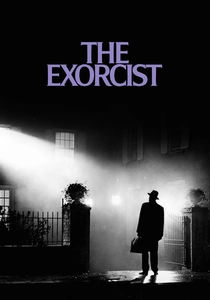
The Exorcist (1973)
Description: This film about demonic possession caused widespread panic and was accused of promoting satanism, leading to public outcry and even fainting spells in theaters.
Fact: The film's director, William Friedkin, used real priests as technical advisors to ensure authenticity in the exorcism scenes.
 Watch Now
Watch Now
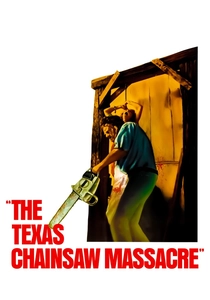
The Texas Chain Saw Massacre (1974)
Description: Tobe Hooper's film, despite its title, contains little actual gore but its realistic portrayal of terror and violence led to widespread controversy.
Fact: The film was marketed as being based on true events, although it was entirely fictional.
 Watch Now
Watch Now
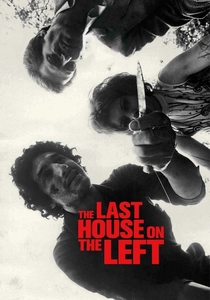
The Last House on the Left (1972)
Description: Wes Craven's debut film was criticized for its extreme violence and exploitation, sparking discussions on the ethics of horror filmmaking.
Fact: The film was remade in 2009, but the original remains notorious for its raw, gritty style.
 30 Days Free
30 Days Free
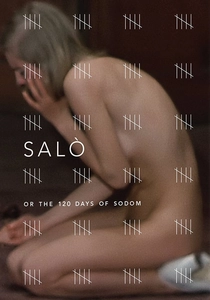
Salò, or the 120 Days of Sodom (1975)
Description: Pier Paolo Pasolini's film is notorious for its depiction of extreme sexual violence and fascism, leading to bans and censorship worldwide.
Fact: Pasolini was murdered shortly before the film's release, adding to its dark legacy.
 30 Days Free
30 Days Free
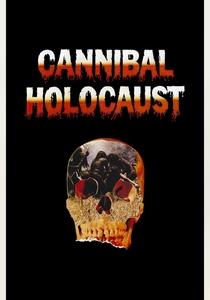
Cannibal Holocaust (1980)
Description: Known for its graphic violence and real animal cruelty, this Italian film was banned in several countries and its director was even arrested for murder.
Fact: The film's director, Ruggero Deodato, had to prove in court that the actors were still alive to avoid charges of murder.
 30 Days Free
30 Days Free
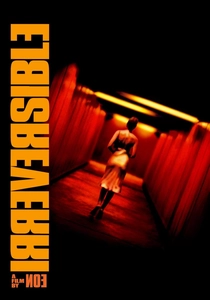
Irreversible (2002)
Description: Gaspar Noé's film features a brutal rape scene and a controversial narrative structure, leading to debates about the portrayal of violence and its impact on viewers.
Fact: The film was shot in reverse chronological order, a technique that adds to its unsettling effect.
 30 Days Free
30 Days Free
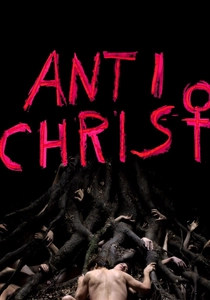
Antichrist (2009)
Description: Lars von Trier's exploration of grief and misogyny includes explicit scenes that polarized audiences and critics, earning both praise and condemnation.
Fact: The film won the Silver Lion at the Venice Film Festival but was also booed by some audience members.
 30 Days Free
30 Days Free
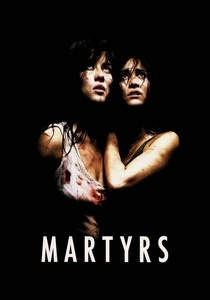
Martyrs (2008)
Description: Pascal Laugier's film about revenge and transcendence through extreme suffering was both critically acclaimed and condemned for its graphic content.
Fact: The film was remade in English in 2016, but the original remains more impactful.
 30 Days Free
30 Days Free
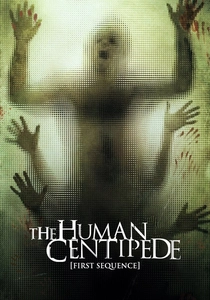
The Human Centipede (First Sequence) (2009)
Description: This film's premise of surgically connecting people mouth-to-anus horrified and fascinated viewers, sparking ethical debates about horror's limits.
Fact: The film's director, Tom Six, was inspired by a prank involving a doctor's suggestion for a bizarre punishment.
 30 Days Free
30 Days Free

